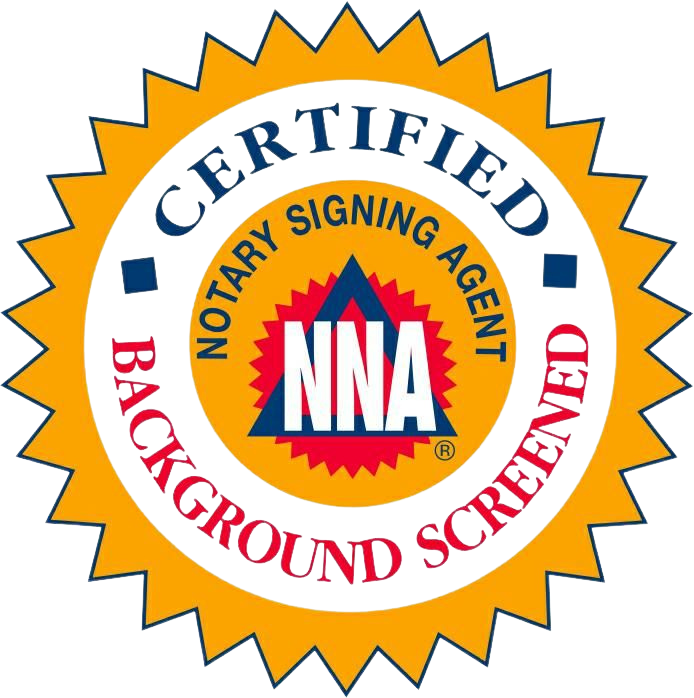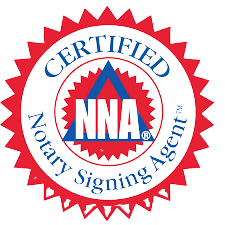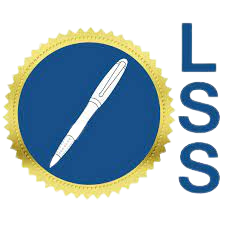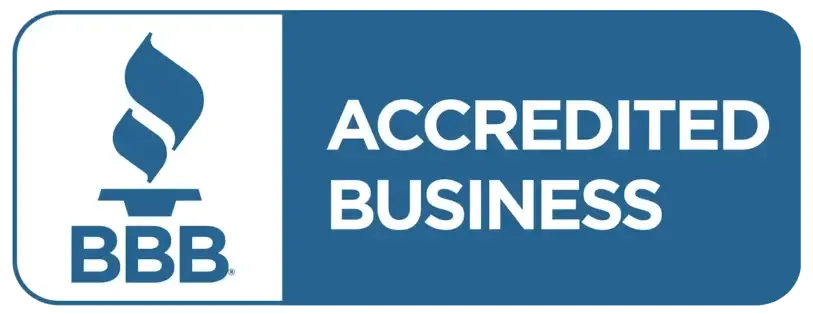Frequently Asked Questions
Find Your Answers Below
What is a Notary Public?
A Notary Public is an official appointed by the state to serve as an impartial witness during the signing of important documents. Their role includes verifying the identity of signers, ensuring all parties are signing willingly, and helping prevent fraud.
Can a Notary Provide Legal Advice?
No. Notaries are not authorized to provide legal advice unless they are also licensed attorneys. Their role is to witness signatures and ensure documents are completed properly—not to interpret or explain legal language.
What Documents Can Be Notarized?
Common documents include affidavits, powers of attorney, real estate documents, wills, trusts, adoption papers, and business contracts. If you're unsure whether your document qualifies, just ask!
Can a Notary Refuse a Signing?
Yes, notaries must refuse service if a signer lacks proper ID, appears coerced or confused, or if the document is incomplete. Their duty is to ensure lawful, ethical notarizations.
How Long is a Notary Appointment?
Most appointments last between 15 and 30 minutes, depending on the number of documents and required signatures. For loan signings or estate documents, allow a bit more time to review each item thoroughly.
Can a Notary Certify a Copy of a Document?
In many states, yes—but it depends on the document type and your location. Notaries can often certify copies of passports, diplomas, or other records if permitted by local laws. Check with us first to confirm.
What Do I Bring to a Notary Appointment?
You’ll need a valid, government-issued photo ID (like a driver’s license or passport). Also, bring the unsigned documents to be notarized—signing must happen in the notary’s presence.
Are Notary Services Available on Weekends?
Yes! We offer flexible scheduling, including evenings and weekends, to accommodate your needs. Simply book in advance to secure your preferred time.






